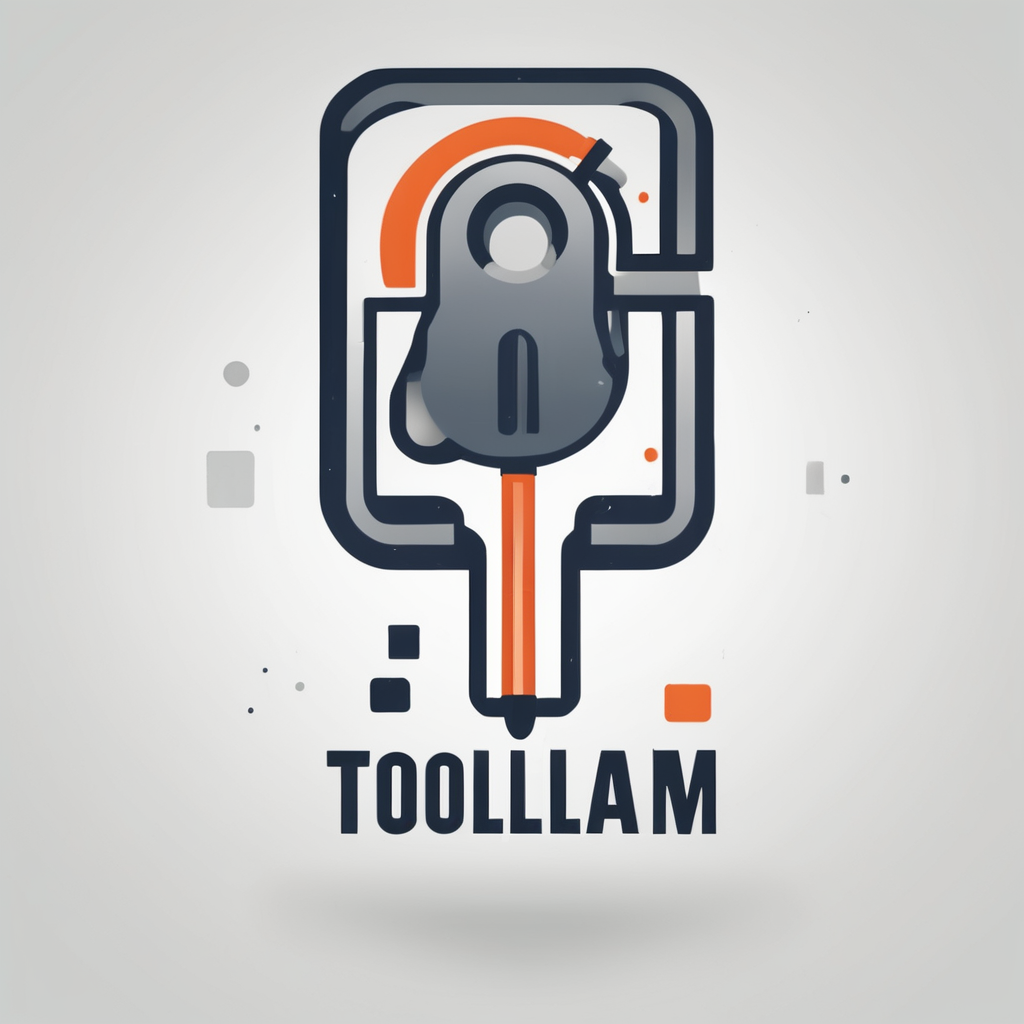Digital advancements shaping the UK housing market
Digital trends in UK real estate are revolutionising how properties are bought, sold, and marketed. The adoption of PropTech innovations has become a cornerstone of the housing industry, enabling greater efficiency and user engagement. Estate agents and developers increasingly embrace digital transformation in the property sector, incorporating tools like virtual viewings and digital marketing strategies that offer convenience to both buyers and sellers.
Virtual property tours have replaced traditional physical viewings in many cases, allowing prospective buyers to explore homes remotely. This shift not only accelerates decision-making but also widens the pool of potential buyers by overcoming geographic limitations. Moreover, online estate agents have surged in popularity, offering streamlined platforms where property listings, negotiations, and transactions are managed digitally with minimal in-person involvement.
Also read : How is remote work reshaping UK living spaces?
These digital solutions decrease time spent on routine tasks and improve transparency throughout the sales process. The rise of online estate agents in the UK exemplifies how technology reshapes customer expectations and service delivery. Altogether, digital advancements in UK real estate empower stakeholders to navigate the market more effectively, harnessing the benefits of PropTech to transform traditional housing operations.
Leading platforms and innovations in the property sector
Digital trends in UK real estate have accelerated the rise of online estate agents UK like Purplebricks and Yopa, which streamline property transactions through fully digital platforms. These platforms allow sellers to manage listings, receive offers, and complete sales with minimal physical interaction, increasing convenience and broadening market reach.
Also read : How Can Housing Policies Shape the Future of Urban Living in the UK?
A key innovation driving this transformation is AI property valuation. By analysing extensive datasets including location, market trends, and property features, AI tools provide fast and accurate price estimates. This not only empowers buyers and sellers with real-time insights but also reduces reliance on traditional, subjective valuation methods.
Virtual property tours have become an essential feature, integrating 3D walkthroughs and immersive video technology into listings. These tours enable potential buyers to explore homes remotely, breaking down geographic barriers and allowing for quicker decision-making. Property technology UK advancements continue to enhance virtual viewing platforms, improving image quality and interactivity.
Together, these PropTech innovations redefine user experience and operational efficiency in the property sector. The combination of AI valuation, virtual tours, and online platforms forms a cohesive digital ecosystem, propelling the UK housing market toward greater accessibility and transparency.
Impact of digitalisation on buyers, sellers, and professionals
Digital tools for buyers and sellers have dramatically improved convenience and transparency in UK real estate. Through online estate agents UK and virtual property tours, buyers can access detailed property information and explore homes remotely, reducing uncertainty and accelerating decision-making. Sellers benefit from easier listing management and broader exposure, which streamlines the sales process and increases competitiveness.
The impact of technology on property market professionals is significant. Estate agents must adapt by developing stronger digital skills, including proficiency in data analytics, virtual communication, and online negotiation platforms. This evolution shifts their role from traditional intermediaries to tech-savvy consultants who deliver added value through digital insights.
Transaction speeds have notably increased due to digitisation. Automated valuation tools and online contract management reduce administrative delays, enabling quicker offer acceptance and completions. At the same time, greater transparency ensures all parties have clearer access to information, reducing disputes and fostering trust.
Altogether, the impact of digitalisation transforms how buyers, sellers, and real estate professionals engage, making property transactions faster, more efficient, and more accessible. Embracing these changes is crucial for success in the evolving UK housing market.
Market insights and future trends
Industry experts consistently highlight that the UK housing market reports show digital transformation as a key driver of current and future changes. These reports reveal that technology adoption enhances market efficiency and broadens accessibility, shaping how homes are marketed and sold.
What are the anticipated directions for the UK housing market’s future trends? The data suggests continued integration of AI, advanced analytics, and immersive virtual technologies. AI will increasingly refine property valuations, market forecasting, and buyer targeting. Meanwhile, virtual viewings will evolve with augmented reality, offering deeper engagement beyond traditional tours. These developments will enable a more personalised and efficient property search experience.
However, despite these opportunities, the sector faces challenges. Digital skills gaps among professionals and uneven technology adoption can hinder progress. Regulatory frameworks must also adapt to new digital practices to protect consumer interests without stifling innovation.
Looking ahead, expert commentary underscores that sustained digital advancement requires collaboration between technology providers, estate agents, and policymakers. This cooperative approach should focus on enhancing trust, transparency, and user experience. Ultimately, the UK housing market’s future will be defined by how well stakeholders harness PropTech and adapt to evolving digital trends.

